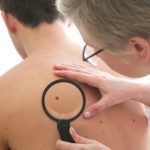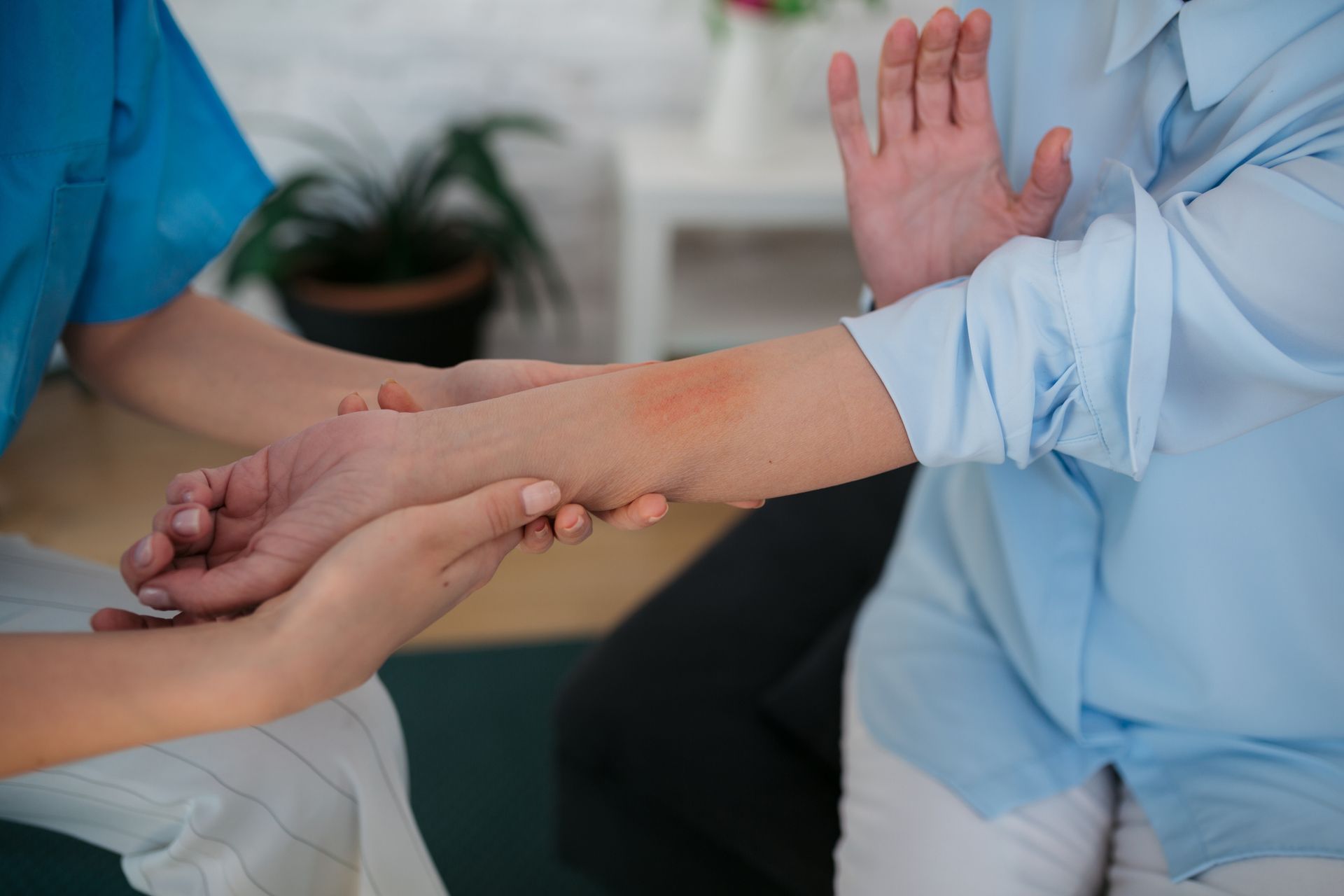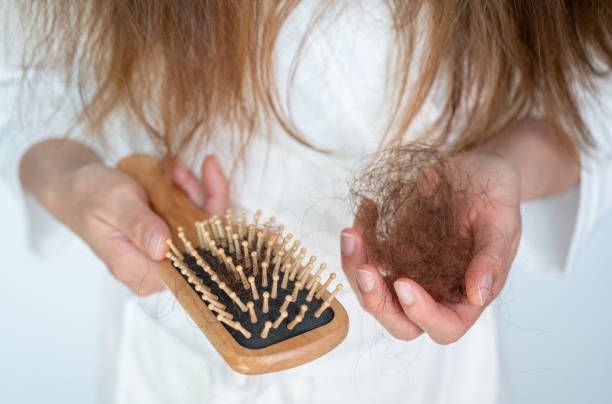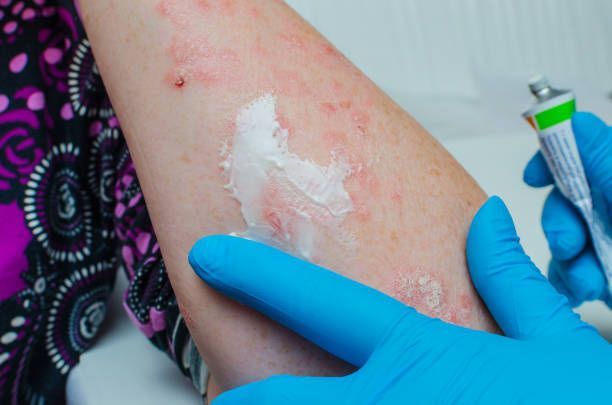3 Actions You Should Take If You Notice Premature Balding
Hair loss results from the gradual destruction of hair follicles. These follicles become dormant and cannot produce new hair or lose their ability to grow. The gradual destruction of hair follicles over a long period can result in permanent hair loss. If you exhibit hair loss symptoms such as thinning hair, baldness, and frequent hair loss, you can try these three actions to restore your hair.
1. Talk to Your Doctor
Premature hair loss can signify a severe physical or psychological disorder. You should visit a doctor if you exhibit hair loss as it may be a side effect of several conditions, including the following.
Medications
Many prescription medications cause premature hair loss. These include antidepressants, anti-anxiety drugs, hormones like birth control pills and menopause treatments, diabetes medications, seizure medications, and cardiac drugs. Check with your doctor before taking any new prescription if you have any concerns about your hair falling out or if you want to prevent it from doing so.
Health Conditions
You may have a condition that causes your body to produce fewer scalp cells or sebum (the oil produced by glands on the scalp).
Also, alopecia often causes hair loss around the edges of the scalp where there aren’t many sebaceous glands. Diseases such as lupus, thyroid issues like hypothyroidism (low thyroid hormone levels), and diabetes can also cause hair loss.
Psychological Conditions
Stress can cause hair loss in several ways. It can cause the body to produce fewer scalp cells, it can cause the body to produce less sebum, and it can cause the body to produce more of the hormone cortisol. Other psychological conditions like trichotillomania cause people to pull their hair out.
If you experience premature balding, you should speak with your doctor promptly. They can help to determine the underlying cause and recommend the best course of treatment.
2. Try a Topical Treatment
If your doctor advises that your hair loss is from physical conditions, you can remedy your current status with topical treatments. Topical treatments can help reduce hair loss by keeping the scalp healthy and hydrated, stimulating blood flow to the hair follicles, and providing nutrients that promote hair growth.
You can apply topical treatments directly to the scalp to reduce inflammation and stimulate hair growth. The most common topical treatments for hair loss are minoxidil, a topical vasodilator, and finasteride, an antiandrogen.
Minoxidil is a topical vasodilator that can stimulate hair follicles and promote hair growth in both animal models and humans. It also reduces inflammation in patients with alopecia areata.
Finasteride works by inhibiting 5-alpha-reductase, which converts testosterone into dihydrotestosterone (DHT). DHT is a potent male hormone that causes excessive thinning of hair on the scalp. Finasteride can help block the conversion of testosterone into DHT and prevent excessive hair thinning on the scalp.
3. Consider a Hair Transplant or Artificial Hair Piece
A hair transplant may be a suitable option if other treatments are ineffective. This procedure involves hair taken from a healthy head area and transplanted to the affected area.
Hair transplants restore hair loss by replacing the lost follicles with healthy ones from the head or face (micro grafts). Doctors use local anesthesia to reduce discomfort after surgery. However, you may experience swelling and bruises for a few days afterward.
If you are uncomfortable with the idea of a hair transplant, you can try a wig or hairpiece. These artificial hair options can help to cover up the balding area and give you the appearance of a full head of hair.
Hair loss generates physical and psychological concerns for individuals that undergo the process, especially for young people who still want to retain their physical appeal. While hair loss typically affects men via male pattern baldness, women can also face similar challenges, albeit at less severity than their male counterparts.
Contact us at East Carolina Dermatology and Skin Surgery, PLLC, if you need professional advice or treatment for your hair loss.










